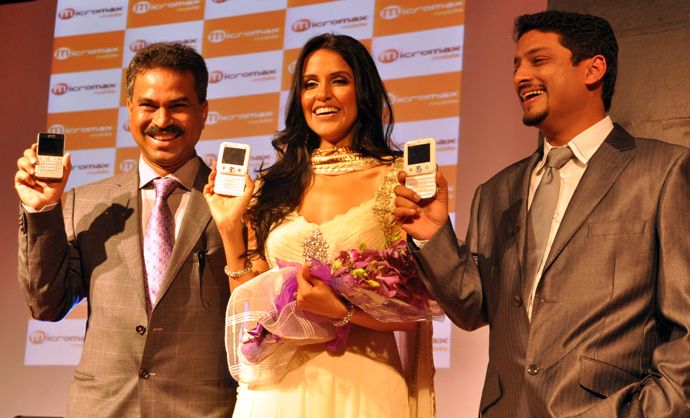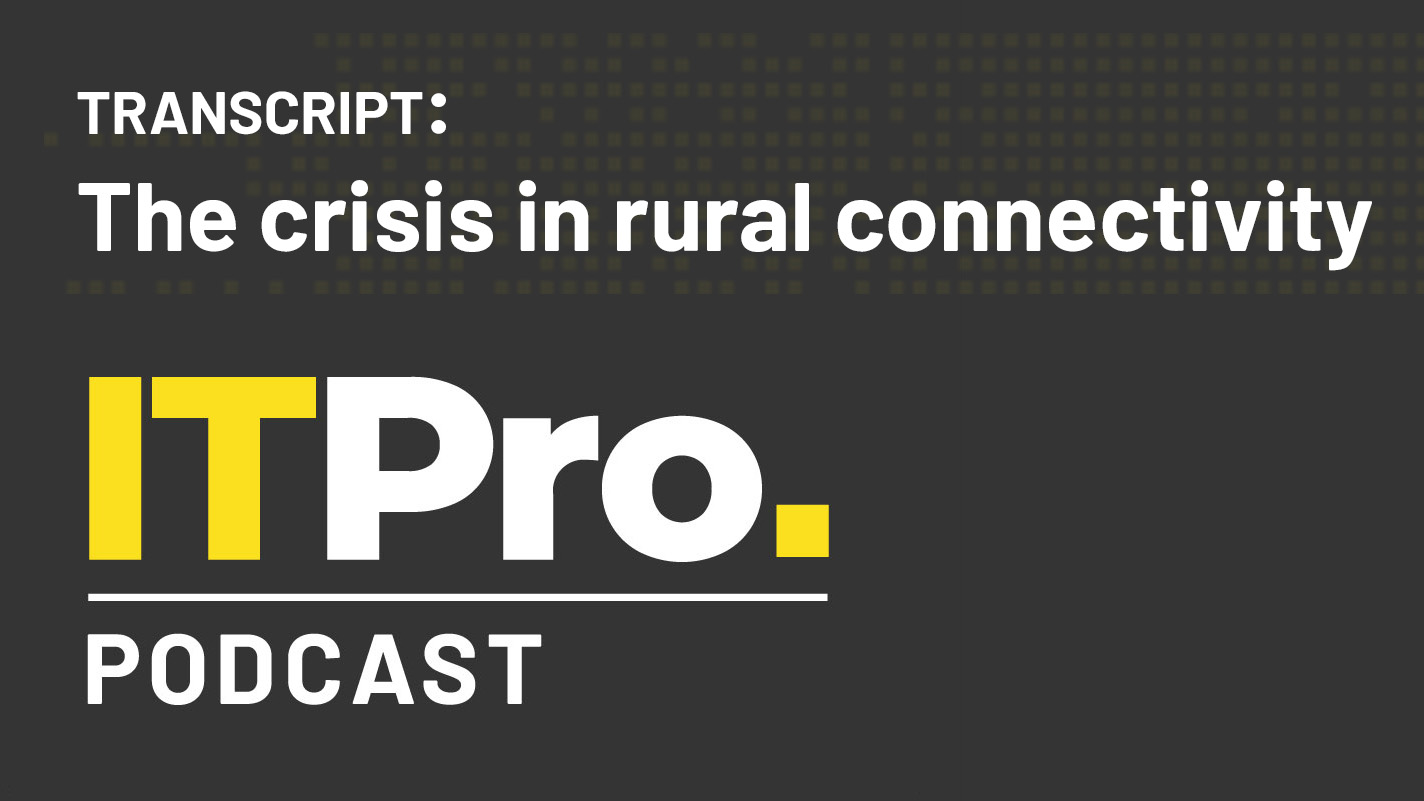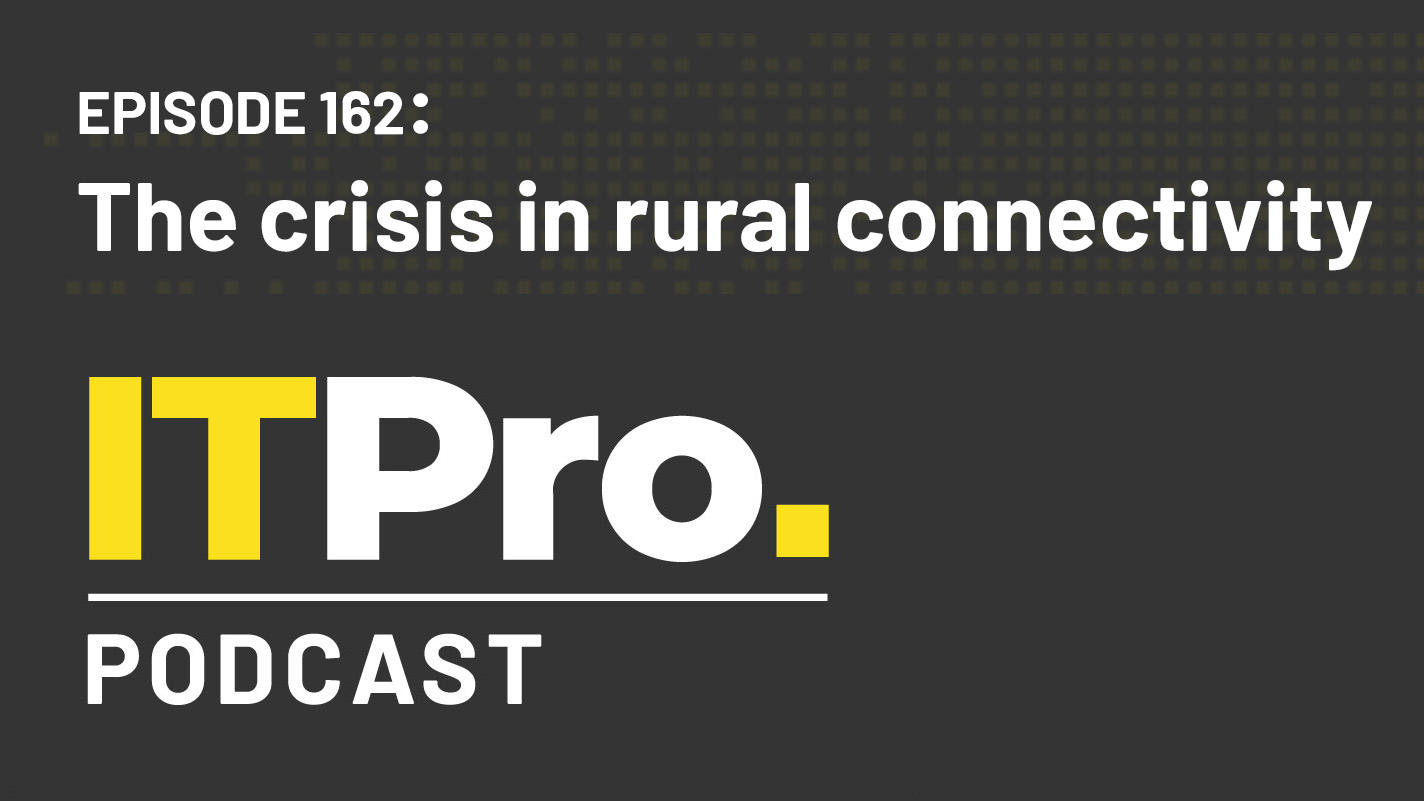Analysis: not all technology has to be smart
Smartphones dominate the headlines but even in the West, we need access to basic technology.

The world seems split between the haves and the have nots. Those who have a signal, and those who have no signal at all.
Gartner claims that the mobile phone market grew by 13.8 per cent to 325.6 million units in the last three months. By last Autumn, there were 4.6bn mobile subscribers worldwide, according to the ITU.
The ever-present cry is for faster, sleeker, more functional devices. Qualcomm, Intel and the other chip makers are talking up multi-core processors. Everyone is finding their favourite operating system and downloading apps as though the sun would not rise tomorrow if it wasn't done.
And we are upset if our signal keeps dropping out. Almost suicidal, certainly paranoid, if we find ourselves in a dead signal zone.
The downside is that the more functional and faster a phone becomes, the more it is used, and the more quickly it drains its battery.
Contrast this with a village in India. A group of men are huddled in a corner arguing. The village only has one electricity generator and only one communal house has a socket.
In the old days, life revolved around the village tap. These days, the flow of electricity is as contentious as the flow of water. Even a suitably modified car battery can charge up several phones.
Get the ITPro daily newsletter
Sign up today and you will receive a free copy of our Future Focus 2025 report - the leading guidance on AI, cybersecurity and other IT challenges as per 700+ senior executives
This brings a different set of needs. People still live in extended family groups. They have no need to phone one another because they are often within shouting distance of one another.
A phone is a tool to ring the authorities or to keep in touch with younger members of the family who have deserted country life for college life, for the richer rewards of the overcrowded cities, or for another country.
In village communities that have mobile coverage, smartphones are too fragile and too power hungry to be of any use. The need is for a big battery and a small screen the opposite of what most people want in the developed world.
Companies like Micromax are probably more familiar outside Delhi, Mumbai and Kolkata than Apple, Microsoft or any Android phone.
Micromax, an Indian handset maker, has adopted the endearing slogan of "Nothing like anything". Which is true. With talk times of 17 hours and standby time of 30 days, these are phones for rural people or the poorer quarters of the big cities.
But their technology is also truly disruptive, in that it breaks down barriers that existed before and makes some places a little bit less "have-not" than they were before.
We still class India as part of the Third World. In a race, one is a winner, two is a loser and third is nowhere. The West looks down on the Third World with pity and, often, people in places we call the Third World look back and wonder why.
Here, we have created our own deprived third sector, the "final third". These are those poor unfortunates born out of the reach of broadband and, sometimes, away from mobile transmitters.
These are becoming the have-nots in our society who the Government see as a special case. Maybe the poor will always be with us, but maybe the broadbandless is an underclass too far.
This class has a disposable income and should be helped to dispose of it. In the broadband world, we benefit from cheaper train travel because we book online, and enjoy better services because we can complain online and avoid the labyrinthine call centres of local government and the service sector.
Our pursuit of the latest, shiniest and fastest technology has only emphasised our own digital divide, putting a sizeable minority of the population out of reach of an infrastructure the rest of us have come to depend on.
Perhaps someone, like Micromax, should also ask these people what they actually need.
-
 Bigger salaries, more burnout: Is the CISO role in crisis?
Bigger salaries, more burnout: Is the CISO role in crisis?In-depth CISOs are more stressed than ever before – but why is this and what can be done?
By Kate O'Flaherty Published
-
 Cheap cyber crime kits can be bought on the dark web for less than $25
Cheap cyber crime kits can be bought on the dark web for less than $25News Research from NordVPN shows phishing kits are now widely available on the dark web and via messaging apps like Telegram, and are often selling for less than $25.
By Emma Woollacott Published
-
 Gov's broadband plans do little to address 'rural brain drain', expert warns
Gov's broadband plans do little to address 'rural brain drain', expert warnsNews Businesses are still unable to compete with urban counterparts, forcing job seekers into the cities and suppressing innovation
By Rory Bathgate Published
-
 Podcast transcript: The crisis in rural connectivity
Podcast transcript: The crisis in rural connectivityIT Pro Podcast Read the full transcript for this episode of the IT Pro Podcast
By IT Pro Published
-
 The IT Pro Podcast: The crisis in rural connectivity
The IT Pro Podcast: The crisis in rural connectivityITPro Podcast Rural businesses are still being left behind and face shutdowns of 3G and copper without anything to fall back on
By IT Pro Published
-
 UK government to run Starlink trials in Snowdonia, Lake District
UK government to run Starlink trials in Snowdonia, Lake DistrictNews The government has indicated low-Earth orbit satellites could be key to expanding connectivity to UK businesses
By Rory Bathgate Published
-
 Satellite broadband could turbocharge rural business connectivity
Satellite broadband could turbocharge rural business connectivityIn-depth The burgeoning industry is pledging to succeed where fibre has failed, in a much-needed push to connect chronically underserved businesses
By Rory Bathgate Published
-
 Podcast transcript: Can 5G close the digital divide?
Podcast transcript: Can 5G close the digital divide?IT Pro Podcast Read the full transcript for this episode of the IT Pro Podcast
By IT Pro Published
-
 The IT Pro Podcast: Can 5G close the digital divide?
The IT Pro Podcast: Can 5G close the digital divide?IT Pro Podcast Connectivity is essential for modern life - but can 5G help bring it to those without?
By IT Pro Published
-
 BT's 'SoHo' business aims to help SMBs rebuild post-pandemic
BT's 'SoHo' business aims to help SMBs rebuild post-pandemicNews The spin-off will offer broadband packages, free digital skills training and cyber security tools to SMBs and startups
By Sabina Weston Published